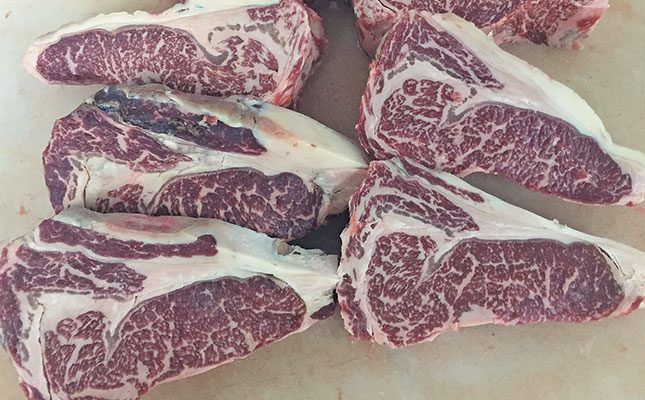
Dr Jack Armour, FSA’s commercial manager, said in a statement that while retail meat prices were rising drastically, producer prices for weaners were 20% lower than a year ago.
“The implication of the current market environment is that farmers are producing beef at a 2023 cost base, but at best receive an income equivalent to 2018 prices.”
Independent economist Dr Johan Willemse told Farmer’s Weekly that the decrease in beef prices could be ascribed to a reduction in consumer spending because of the poor local economy, as well as the fact that people bought smaller portions to avoid possible wastage from load-shedding.
“The feedlot industry has reached full capacity since the closures that followed earlier foot-and-mouth disease outbreaks, and this has also contributed to lower weaner prices. In May 2023, weaner prices hovered around R28/kg, compared with R40/kg in October/November last year. Because of the late rain in South Africa’s 2023/24 summer grain production region, the harvesting season started later, which meant that grain stover for grazing became available later, increasing the supply of weaners somewhat,” he said.
FSA president Francois Wilken said that load-shedding also affected consumers, suppliers and producers of meat products because of the cost of backup power.
“Farmers are forced to purchase expensive power generation capacity, which increases running costs and requires capital. Suppliers, in turn, are forced to pay lower prices for weanlings in order to limit the costs of backup diesel-powered equipment.”
Wilken said FSA was therefore making an urgent appeal to the industry as well as government to open up more export markets for meat and allow producers to benefit from the weak exchange rate. Furthermore, biosecurity and traceability had to be revamped to keep the market open and create high confidence in South African meat.










